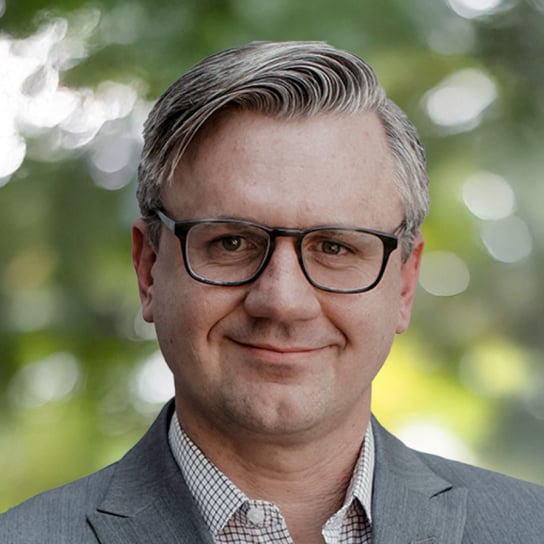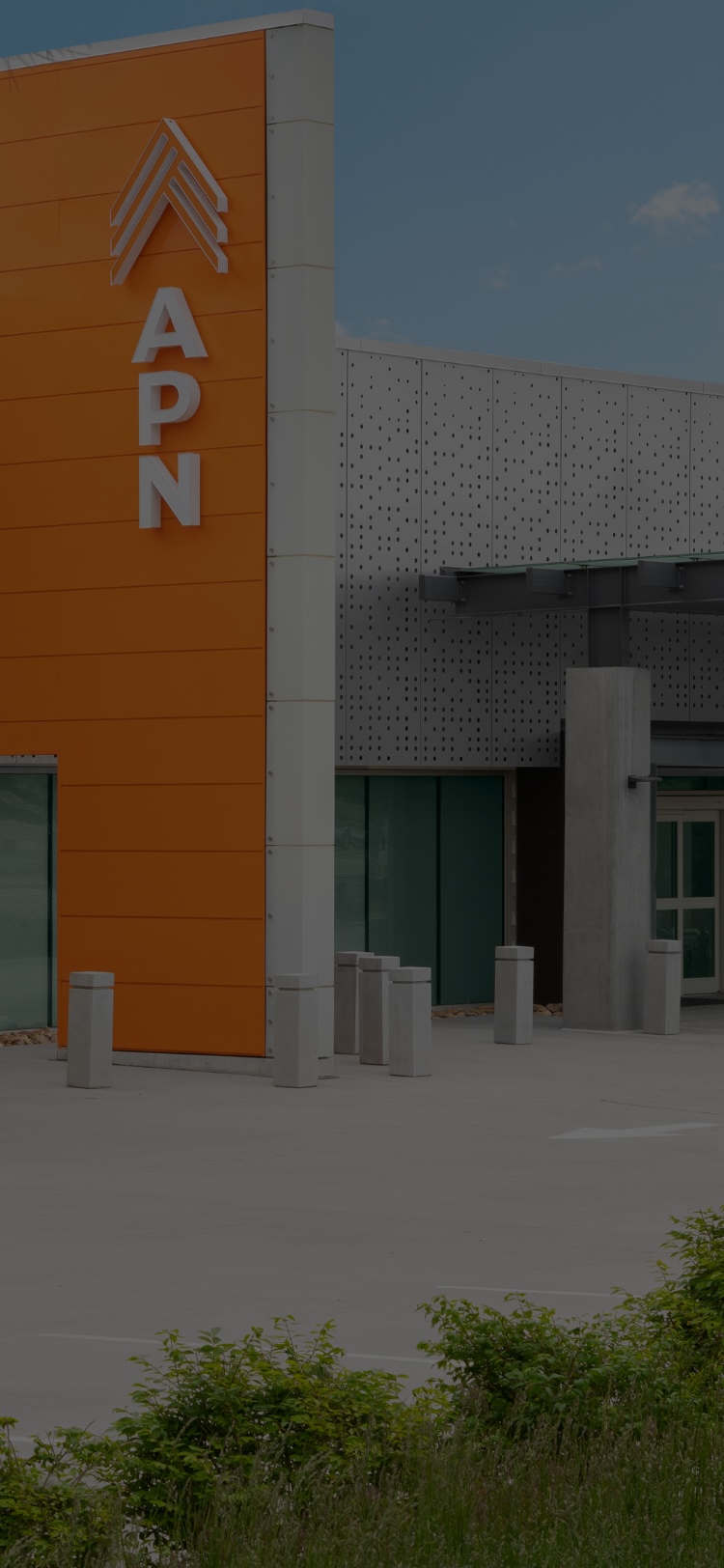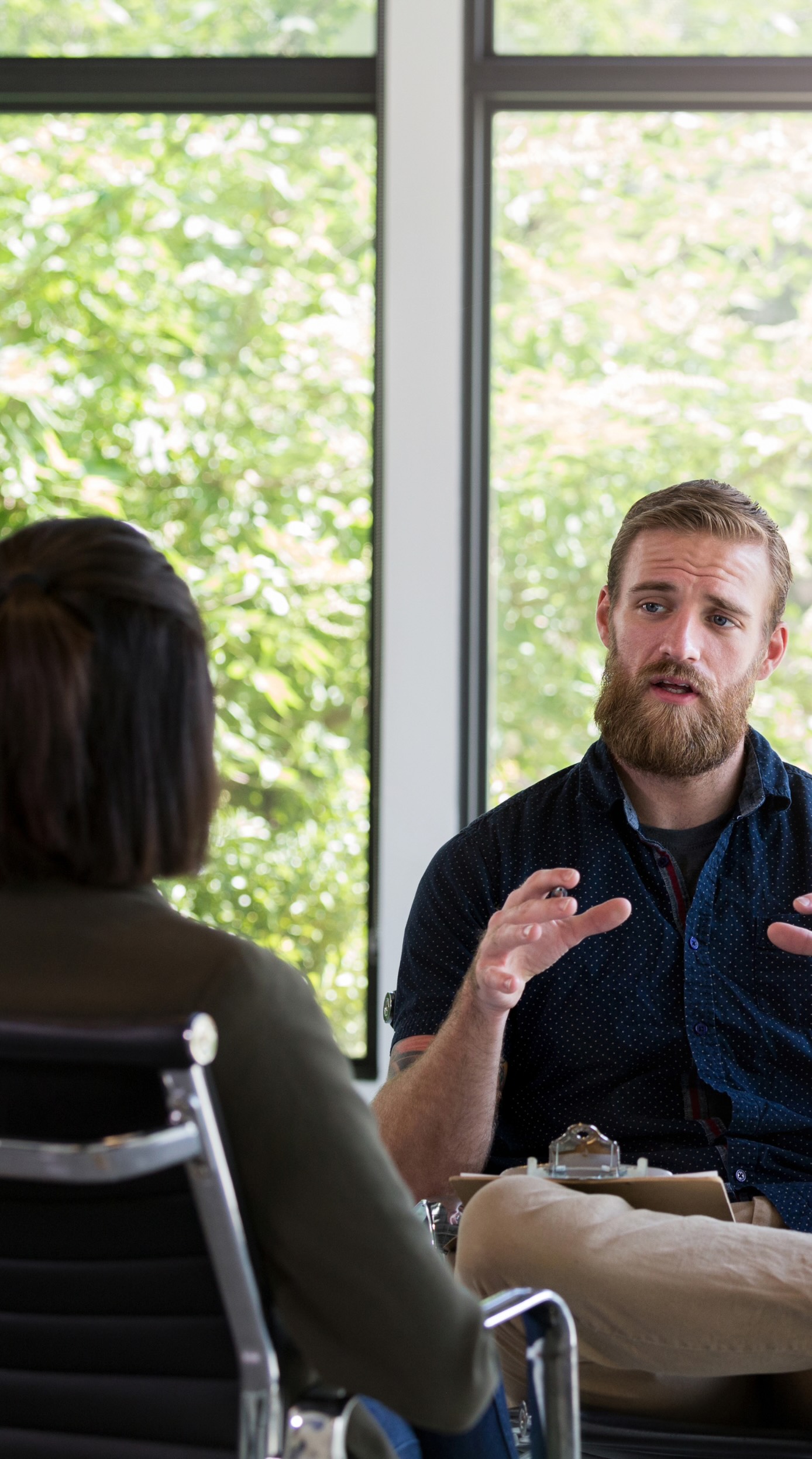OVERVIEW
The Ketamine-Assisted Intensive Outpatient Program at APN Denver offers support for individuals struggling with treatment-resistant depression. Manage depression symptoms and make more progress toward your mental health goals with a 10-week intensive outpatient program (IOP) with three 3-hour therapy groups each week, individual sessions scheduled at your convenience, and three phases of programming that evolve with your needs.
Conveniently Located on Iliff Ave10-week program with three targeted phases
Pre-treatment professional evaluations
Trained and experienced psychedelic-assisted therapists
Targeted intensive outpatient programming and individualized therapy sessions
Continuous medical supervision and rigorous participation requirements




Michael has a master’s degree in social work and holds multiple credentials, including Licensed Clinical Social Worker, Licensed Addictions Counselor, Certified Sex Addiction Therapist, Certified Internal Family Systems Therapist, and Acudetox Specialist. For the past decade, he has dedicated his entire career to mental health and addiction recovery, working across all levels of care to help clients find sustainable progress, healing, and recovery. Michael is passionate about going above and beyond for clients – helping them address their core struggles, build healthier coping mechanisms, practice acceptance and understanding, and experience genuine life changes. See More
- Depression
- Trauma
- Substance Use Disorders
- Ketamine-Assisted Healing











